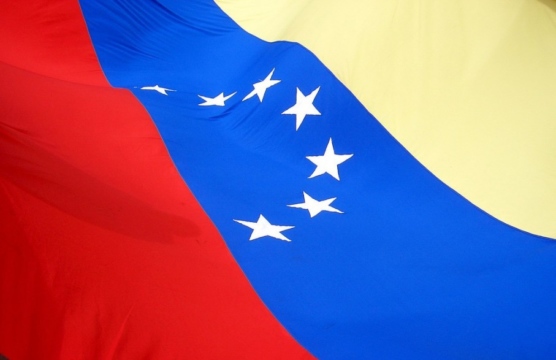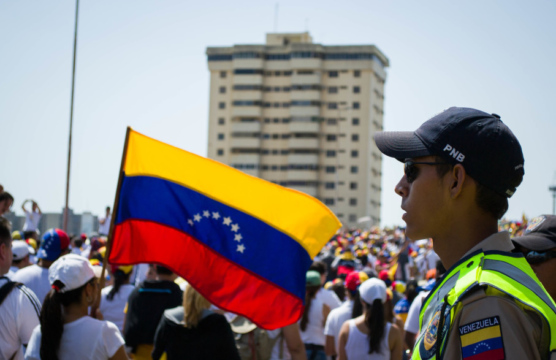
Falling Oil Prices Push Venezuela, Maduro Closer to the Edge
With crude oil prices down 25 percent since June and holding at roughly $86 a barrel on Tuesday, Venezuela is getting nervous.
On Tuesday, Secretary of State Michael R. Pompeo unveiled a detailed framework for restoring democracy in Venezuela that was immediately rejected by the man who would need to step aside for such a transition to occur: Venezuelan dictator Nicolas Maduro. Perhaps this should not come as a surprise, given that just last week the U.S. Department of Justice charged Maduro with narco-terrorism and put a $15-million price on his head.
Many Venezuelans reacted with understandable satisfaction to the indictment of Maduro and some of his closest collaborators. President Trump further rattled sabers by announcing a buildup of his administration’s counternarcotics operation off Venezuela’s coast, though the U.S. is unlikely to drag Maduro into court anytime soon. This will come as a disappointment to the Venezuelan diaspora in the United States, concentrated not coincidentally in the electoral battleground state of Florida. But for those victimized by Maduro’s well-documented repression, corruption and sheer incompetence, the salient fact remains that someone is taking steps to hold the deeply unpopular Maduro regime accountable.
As the United States struggles to restore democracy in Venezuela, however, it will have to reconcile these criminal indictments with Pompeo’s more conciliatory framework, which proposes a transitional unity government and a sequence of steps leading to new elections. In return for these steps, the United States would incrementally lift sanctions, which have been criticized for cutting off Venezuela’s oil revenue while the country tries to prevent a COVID-19 catastrophe.
[…]
With crude oil prices down 25 percent since June and holding at roughly $86 a barrel on Tuesday, Venezuela is getting nervous.
Can the government led by Nicolas Maduro survive the wave of street protests that have spread throughout Venezuela over the past two weeks?
Deadly protests, the largest since President Nicolás Maduro’s election last year, have wracked Venezuela in recent weeks.
 www.kremlin.ru CC by 4.0
www.kremlin.ru CC by 4.0
